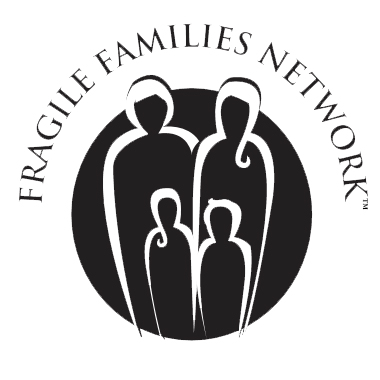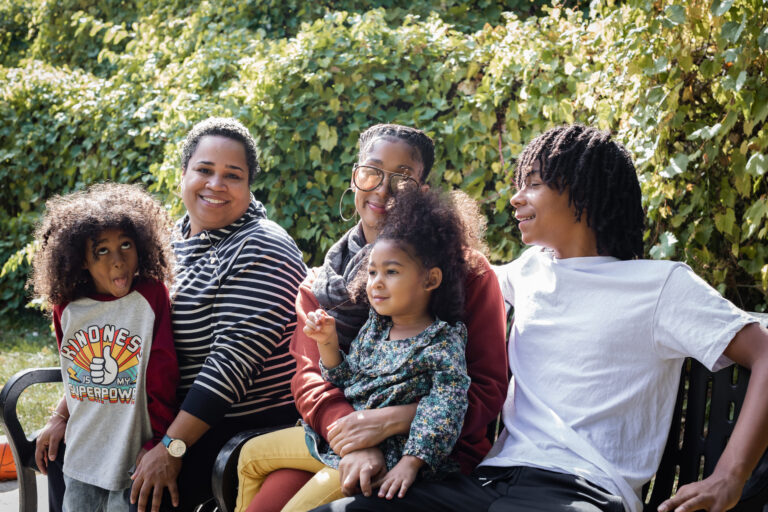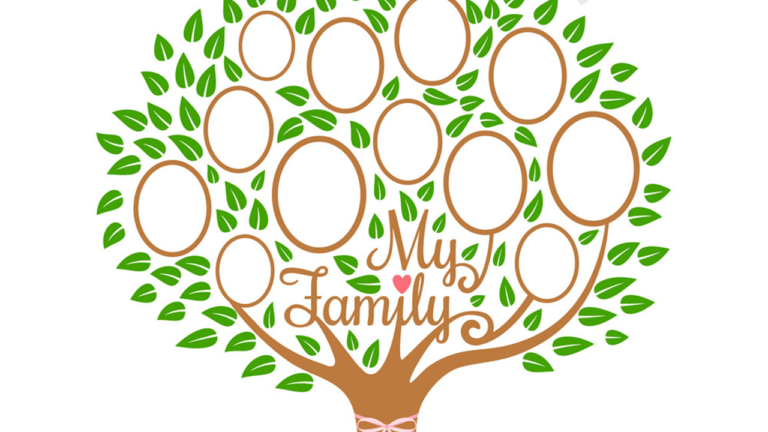Understanding Grandfamilies

What would you do if you suddenly found yourself raising your grandchildren or the children of a family member?
The grandfamily is created when a grandparent or other family member assumes the role of primary caregiver, raising the child of a relative unable to parent. This circumstance is a reality for millions of grandparents and extended family members around the world. Various adult family members may assume custody such as grandparents, older siblings, aunts, uncles, cousins and even close family friends. With the exception of when older siblings serve as caregivers, grandfamilies are intergenerational.
The Grandfamily Caregive vs Kinship Caregiver
Kinship caregivers are those grandfamily members who step up to raise a relative’s children after a child welfare case has been established. The child is officially a ward of the state that is placed with the relative. Grandfamily caregivers include not only those children who are wards of the state (enrolled in the child welfare system) and those without any formal involvement with state agencies. There are benefits and challenges associated with grandfamily life.
Have you ever known a family where grandparents or other relatives stepped in to raise the children?
Benefits Children Experience via Granfamilies
increased stability – children and youth in grandfamilies experience fewer placement changes and better educational outcomes
achieve permanency – relatives often adopt or become permanent guardians when reunification with parents isn’t possible.
feelings of belonging and acceptance – children and youth often feel more loved and connected in a grandfamily household compared to non-relative foster care.
cultural identity – living with family members helps preserve children’s cultural identity and maintain community connections.
Challenges Faced by Grandfamilies:
Despite their strength, grandfamilies may experience significant challenges such as:
legal hurdles – obtaining legal guardianship or custody can be complex, impacting the caregiver’s access to resouces and services. Legal support and advocacy is often necessary to navigate challenges,
financial strain – many grandfamily caregivers face financial hardship as they take on unexpected primary caregiving responsibilities with limited time to plan for added expenses such as healthcare, education and costs of daily living,
access to resources and services – grandfamily caregivers may struggle to find and access necessary support services, including mental health resources, educational assistance and financial aid, and
stigma and societal perceptions – grandfamilies sometimes face societal stigma and misconceptions about their family structure, which can lead to feeling isolated or marginalized.
Grandfamilies are the cornerstone of compassion and resilience within our communities. By understanding the unique challenges they face and the invaluable contributions they make each and every day, we can foster a more supportive and empathetic society.
©2024 Fragile Families NETWORK







